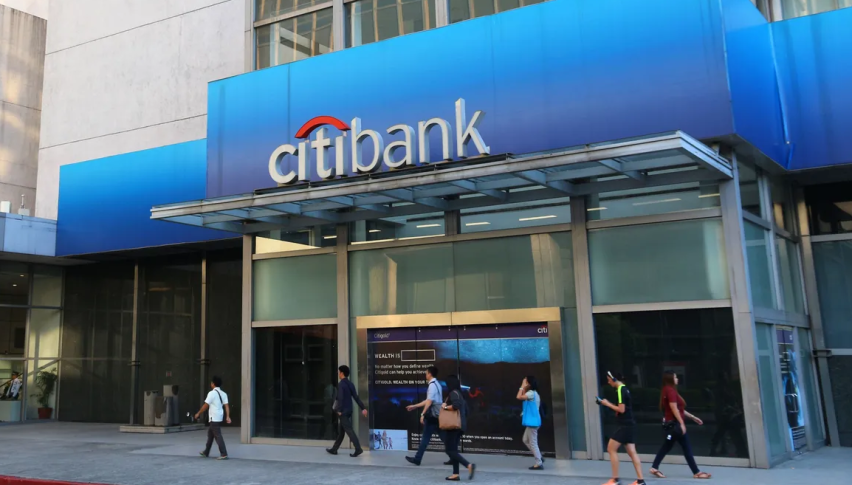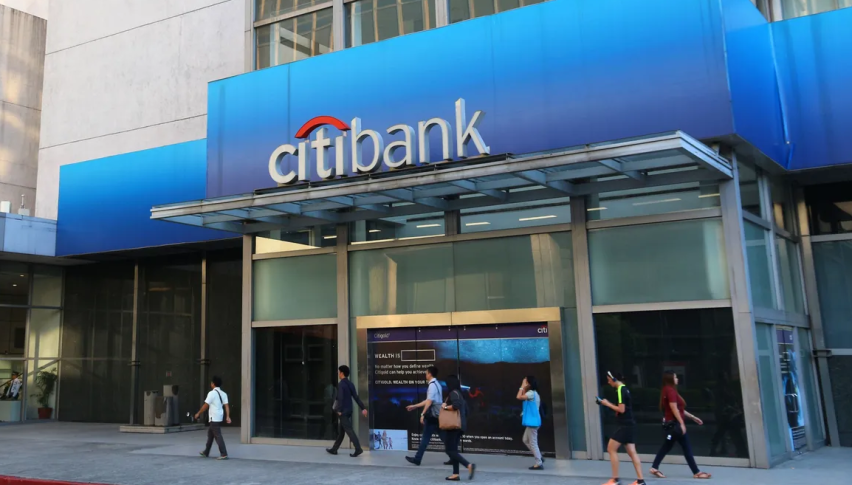Wall Street: The fear index surged to 5-month highs due to the conflict in the Middle East.
The VIX rose 11% on this day, but in the last two sessions, it surged by nearly 30%.

The major indices on the New York Stock Exchange traded lower due to the conflict that erupted in the Middle East over the weekend when Iran attacked Israel.

The international market experienced a significant downturn on Monday as political tensions escalated over the situation in the Middle East. This day made it clear that Iran’s attack on Israel had a financial impact, evidenced by the fear index, VIX, surging to levels not seen since October last year.
It is worth noting that Iran launched an offensive on Saturday following a reported Israeli attack on its embassy in Syria on April 1st, which resulted in the deaths of high-ranking Revolutionary Guard officials. However, the Islamic Republic’s onslaught, carried out with over 300 missiles and drones, only caused modest damage to the Jewish state.
Against this backdrop, US stocks closed sharply lower on Monday. Concerns over escalating geopolitical tensions between Iran and Israel were compounded by a strong rebound in retail sales, leading to an increase in Treasury yields. In fact, the S&P 500 saw its largest percentage drop in a day since January 31st in the previous session. The Dow Jones fell 250.63 points, or 0.7%, to 37,735.24; the S&P 500 lost 1.2% to 5,061.62 units; and the Nasdaq Composite dropped 1.8% to 15,885.17 units.
The VIX, known as the “fear index,” tends to rise when investors are concerned or fearful that the market may experience sharp movements or significant declines. Generally, high implied volatility, reflected in the VIX, is associated with an increase in investors’ perception of risk.
The VIX rose 11% on this day, but in the last two sessions, it surged by nearly 30%.
- Check out our free forex signals
- Follow the top economic events on FX Leaders economic calendar
- Trade better, discover more Forex Trading Strategies
- Open a FREE Trading Account

